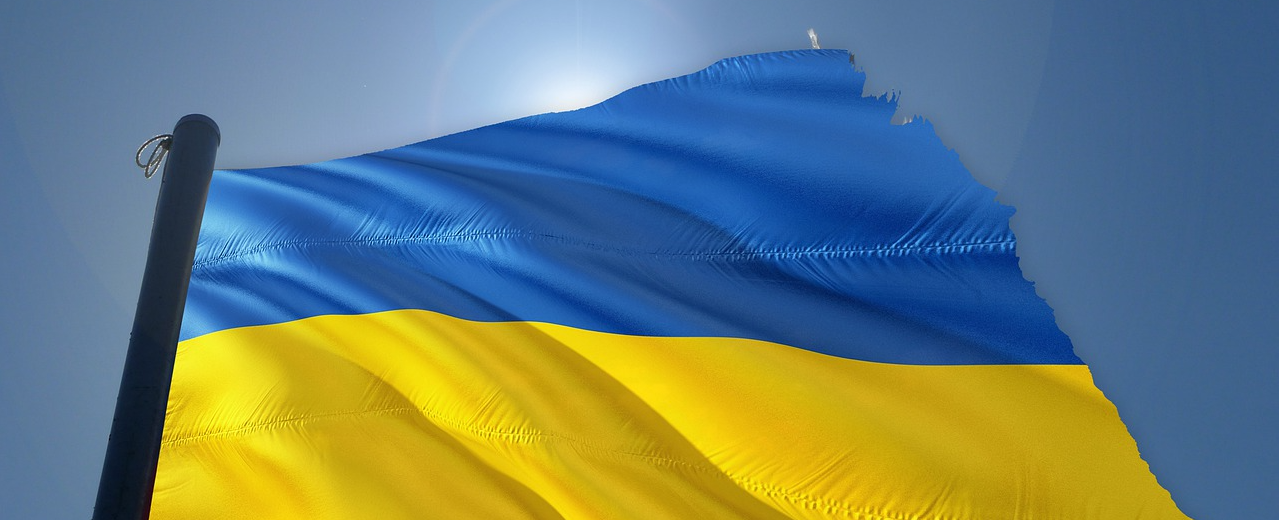Why Joe Biden’s Call For Vladimir Putin‘s Removal Was Law-Enforcing
Let’s begin at the beginning. International law is part of the law of the United States. It follows, among other things, that if the American president’s recent call for Vladimir Putin’s departure was consistent with the law of nations, it was also consistent with U.S. law.
In jurisprudence, the matter is unambiguous. Regarding current Russian crimes against Ukraine, consistency between international law and US law is incontestable. Though it is ordinarily true under international law that one sovereign’s open call for the removal of another would represent an impermissible intervention prima facie, that expectation must be reversed whenever the called-for departure is based on alleged “crimes against humanity” and/or other
Nuremberg-category crimes. Tangible evidence of such egregious crimes is also necessary, but this requirement is scarcely problematic in the case of Ukraine.
Even in our Realpolitik system of international law – the sovereignty-centered system brought into being at the Peace of Westphalia in 1648 – a presumption of global community and solidarity trumps any normal prerogatives of sovereignty. Now, accordingly, especially after conspicuously strong reinforcements by the post-World War II Nuremberg Judgment and principles, states have not only the right but also the obligation to intervene on behalf of basic (“peremptory”) human rights. Without exception, absolutely all states are expected to reject any UN Charter claims to “domestic jurisdiction” in matters where gross outrages are being committed in a manifestly unjust war.
Today, correct legal language here must stipulate that the harms Russia is inflicting upon Ukraine represent a matter of “international concern.” Therefore, every state member of the community of nations has both the right and the obligation to stand against the aggressor and with the victim. Inter alia, scholars and policy-makers can find ample support for this core imperative in the classical legal writings of Cicero, Hugo Grotius, Samuel Pufendorf and Emmerich de Vattel. Though such names will generally appear arcane for readers and diplomats alike, they were well known to Founding Fathers of the United States.
Transmitted into US law by William Blackstone’s eighteenth century Commentaries on the Laws of England – learned observations that represent recognizable beginnings of United States law – these classical jurists were imbued with the timeless philosophy of “natural law.”
The natural law origins of the United States have never been seriously challenged or in any way abrogated (such efforts would have been illogical prima facie). Among variously codified or “positive” rules, these origins now call for active removal of the Russian sovereign whose aggressions making a daily mockery of basic human rights in the brutalized state. Even today, scholars and policy makers need look no further than Book 2 of Emmerich de Vattel’s encyclopedic “The Law of Nations” (1758): Says Vattel: “If there should ever be found a restless and unprincipled nation, every ready to do harm to others, to thwart their purposes and to stir up civil strife among their citizens, there is no doubt that all other states would have the right to unite together to subdue such a nation, to discipline it, and even to disable it from doing further harm.”
Ironically, in view of ongoing efforts at modification or clarification, US President Joe Biden’s comments on 26 March concerning Vladimir Putin’s continuance in office actually fell short of his pertinent rights under international and US law. But if there should still remain any sincere doubters, they would need only recall the explicit language of the UN’s Statute of the International Court of Justice (Article 38), describing as a primary source of international law “the general principles of law recognized by civilized nations.”
Gabriela Mistral, the Chilean poet who won the Nobel Prize for literature in 1945, wrote that crimes against humanity carry within themselves “a moral judgment over an evil in which every feeling man and woman concurs.” In his principled statement on 26 March concerning Vladimir Putin ‘s necessary removal from high office, US President Joe Biden displayed this imperative “moral judgment” with legal correctness and courage. If there remain “traditionalists” in the US Department of State who would nonetheless feel a need to “walk back” such a law enforcing statement (in law, calls for time-urgent humanitarian interventions are meaningfully distinguishable from calls for aggression-seeking interventions), they ought first to look back over the doctrinal foundations of international law and United States law.
Looking ahead, some introduction of authentic legal erudition should be made more conspicuously welcome in this ongoing matter. In the United States especially, such serious evidence of legal learning could help to fully explain vital Ukraine-related matters. Here, in essence, tangible scholarship should be granted more evident pride of place.
Louis René Beres, a frequent contributor to Horasis, was educated at Princeton (Ph.D., International Law, 1971). He is Emeritus Professor of International Law at Purdue University. Dr. Beres publishes at The New York Times; The Atlantic; The Bulletin of the Atomic Scientists; Harvard National Security Journal (Harvard Law School); The Hill; US News & World Report; World Politics (Princeton); JURIST; Yale Global; several dozen major law journals and various principal journals of the US Army and US Air Force. He was born in Zürich at the end of World War II.



